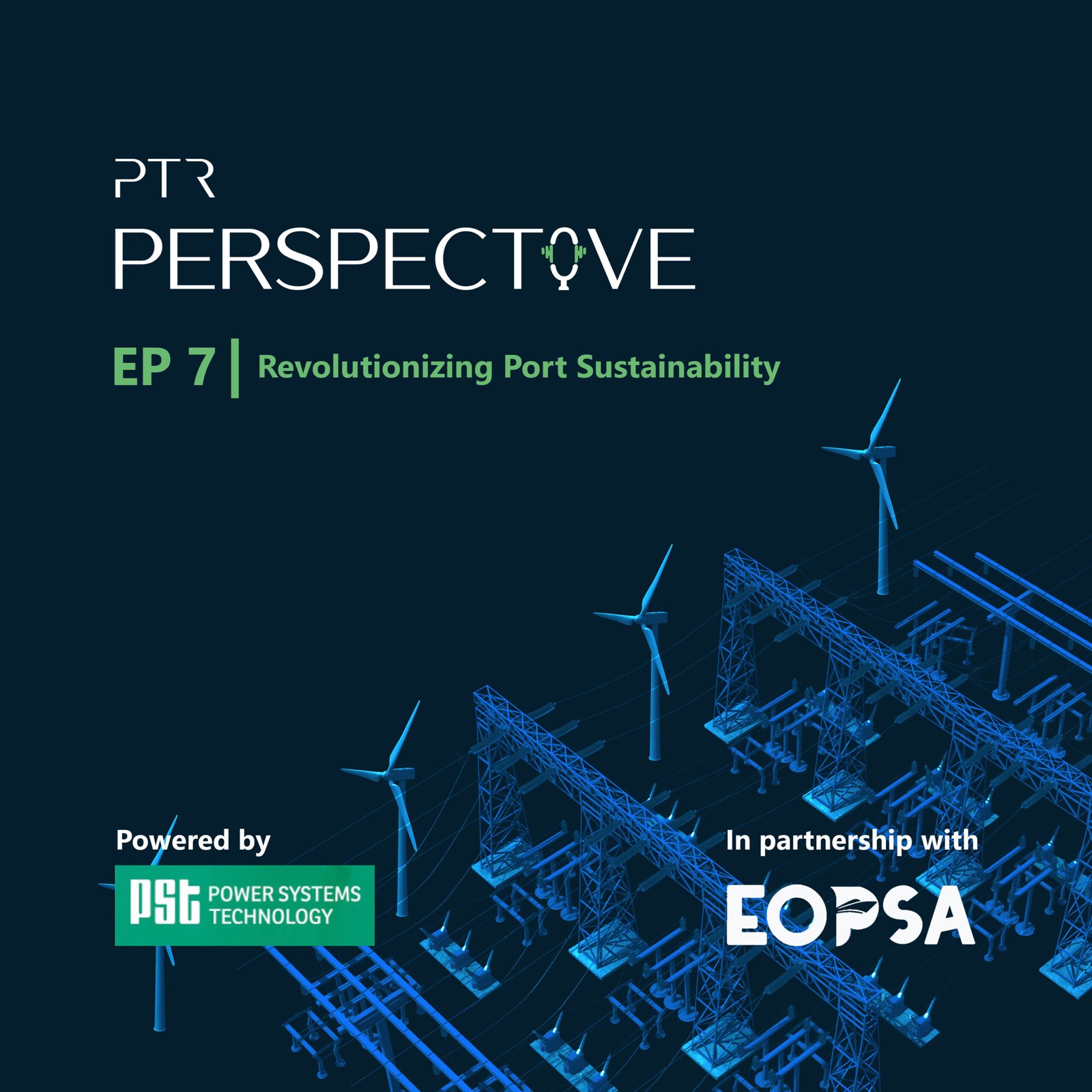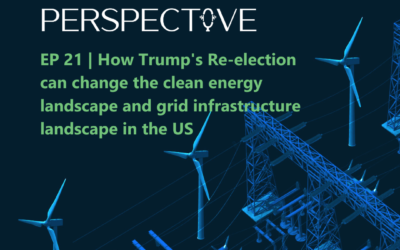Overview:
In this episode, we delve into the critical need for collaboration among stakeholders to overcome technical challenges and promote the widespread adoption of onshore power supply (OPS) infrastructure. Sharing best practices is key to this endeavor, as highlighted by experts who emphasize the importance of aligning technical standards globally.
In the Netherlands, significant strides have been made in advancing OPS, with the government taking proactive steps to remove fiscal barriers and incentivize its growth. Generous grants and subsidies from entities like the Municipality of Rotterdam and the Ministry of Infrastructure and Water Management further underscore the commitment to OPS development. Notably, the ministry is spearheading the largest subsidy scheme yet, with a budget of €170 million, signalling a robust push for OPS infrastructure.
While hurdles like upfront investment remain, the availability of funding opportunities at regional and national levels is encouraging. With strong policy mandates, stakeholder collaboration, and standardized technical frameworks, the future of OPS and port electrification initiatives appears promising on a global scale. The importance of clear legislation for attracting private investors is emphasized, highlighting the need for stability and a solid business case. It’s suggested that ports can leverage their infrastructure for various services, beyond just onshore power supply. Collaboration between private investors and port authorities is deemed crucial, with roles and responsibilities of different stakeholders, including energy producers, users, terminal operators, and port authorities, discussed in detail. Overall, the conversation underscores the importance of partnership, transparency, and strategic planning in advancing sustainable energy initiatives in port cities.
Themes:
Onshore Power Supply, OPS Infrastructure, Port electrification, Sustainable Energy Initiatives
Key Questions:
Q1: What are the benefits of onshore power supply for ships in port?
Onshore power supply can significantly reduce pollution (by about 90%) and greenhouse gas emissions (by at least 50%) by eliminating the need for ships to use their auxiliary engines while docked. It also helps to reduce noise and vibration.
Q2: How can parts electrification benefit the environment?
Electrifying parts offers a path towards a greener future! It encompasses various technologies that can significantly reduce environmental impact.
Q3: Ports are going green, but can the grid handle it?
Balancing sustainability with grid capacity is a key challenge. While ports need more electricity for eco-friendly operations (powering ships, cranes, vehicles), this puts strain on the grid. Solutions likely involve exploring renewable energy sources and grid upgrades to ensure a smooth transition to a greener future.
Q4: Shore power for ships is gaining ground. Why?
Greener goals, cleaner air, and upcoming regulations are driving the rise of short ship power technology.
Q5: Ports are going green, but can the grid handle it?
Balancing sustainability with grid capacity is a key challenge. While ports need more electricity for eco-friendly operations (powering ships, cranes, vehicles), this puts strain on the grid. Solutions likely involve exploring renewable energy sources and grid upgrades to ensure a smooth transition to a greener future.
Q6: EU targets ship emissions with onshore power. Are there other steps needed?
EU’s plan with onshore power is a step in the right direction, but further legislative measures may be needed.
Q7: EVs get funding, what about ports?
While electric vehicles enjoy ample funding, there is a gap in similar support for onshore power supply in ports.
Speakers
Hafsa Shafiq:
Hafsa Shafiq is a Market Analyst at PTR Inc. with expertise in shore-to-ship power technology. She maintains a comprehensive database of installed and planned onshore power supply (OPS) projects across the globe and is developing a TAM model to forecast annual capacity additions in the shore-to-ship market.
Chris Poyner:
Chris is the Business Manager for Land Based Shore Connection at ABB Marine and Ports Division.
Jan Keenan:
Jan Keenan is the Manager of Industrial Electrification at Eneco
Claire Biau (moderator):
Biau is Responsible for strategy and development at EOPSA, our partner for this podcast




